 April 20th, 2020
April 20th, 2020
The vast majority of individuals file either a Chapter 7 bankruptcy or Chapter 13 bankruptcy. Chapter 7 is typically referred to as the “liquidation” bankruptcy and Chapter 13 is typically called the “repayment” bankruptcy. A Chapter 7 bankruptcy case does not involve a long-term repayment plan. When you file a Chapter 7 bankruptcy your unsecured and secured debt with some exceptions is discharged or terminated, and your secured creditors may only collect against collateral. There is no repayment plan based on your income. If you file a Chapter 13 bankruptcy case you must submit a repayment plan based on your available income after paying living expenses and debts including mortgages, car payments, student loans, back taxes, and other similar obligations.
To file a Chapter 7 bankruptcy, you must pass a means test demonstrating you do not earn enough income after consideration of specific monthly expenses to repay your debts. If your household income is below your state’s median household income over the past six months you typically pass this test. If you make more than your state’s median income, expenses such as housing, automobiles, utilities, student loans, tax payments, alimony or spousal support, child support, childcare, health care, and other essentials are considered to determine if you have disposable income available to pay back your creditors. There is an exception to the rule requiring a means test if your debts are primarily related to a business.
In the Commonwealth of Massachusetts, the median annual household income standards as of April 1, 2020, are as follows:
1 Member – $67,119
2 Member – $84,125
3 Member – $108,130
4 Member – $134,418
If your annual household income is below the standard, you are likely eligible for a Chapter 7 bankruptcy that will not require a repayment plan. If your income is greater, you may still be eligible for a Chapter 7 bankruptcy after consideration of your monthly expenses.
If you have available income each month to repay creditors, you may need to file a Chapter 13 bankruptcy. You must submit a proposed repayment plan to repay all or some of your debts over a period of three or five years. Plans are based on available income, and the amount and types of debts. There are benefits to a Chapter 13 bankruptcy as repayment plans allow for the payment of back taxes and past due mortgages or car payments to avoid foreclosure or repossession.
If you are considering filing for bankruptcy in Massachusetts and wish to speak to an experienced bankruptcy attorney, please contact the office to schedule a consultation. We are available by telephone and videoconference during the ongoing COVID-19 crisis.
WARNING: THIS POST IS AN ADVERTISEMENT FOR GELLER BENJAMIN, LLP. THE INFORMATION CONTAINED HEREIN DOES NOT CREATE AN ATTORNEY CLIENT RELATIONSHIP AND SHOULD NOT BE RELIED ON AS FORMAL LEGAL ADVICE.
DEBT RELIEF AGENCY – GELLER BENJAMIN, LLP IS A FEDERALLY RECOGNIZED DEBT RELIEF AGENCY THAT OFFERS LEGAL REPRESENTATION UNDER THE UNITED STATES BANKRUPTCY CODE.
Our team is ready to help you. Contact us for your consultation today. Send us a message on our contact form.
Our Team is Ready To Help You.
Family law covers a substantial amount of ground and can be uniquely challenging for someone unfamiliar with its nuances. Without guidance from a hardworking legal representative, you might have trouble adopting a child, navigating a divorce proceeding, drafting a marital agreement, or dividing assets between you and your partner.
Before trying to represent yourself during any family court case or hearing, you should speak with a Boston family lawyer about how they could help. Call today to schedule a consultation.
Geller Benjamin LLP






